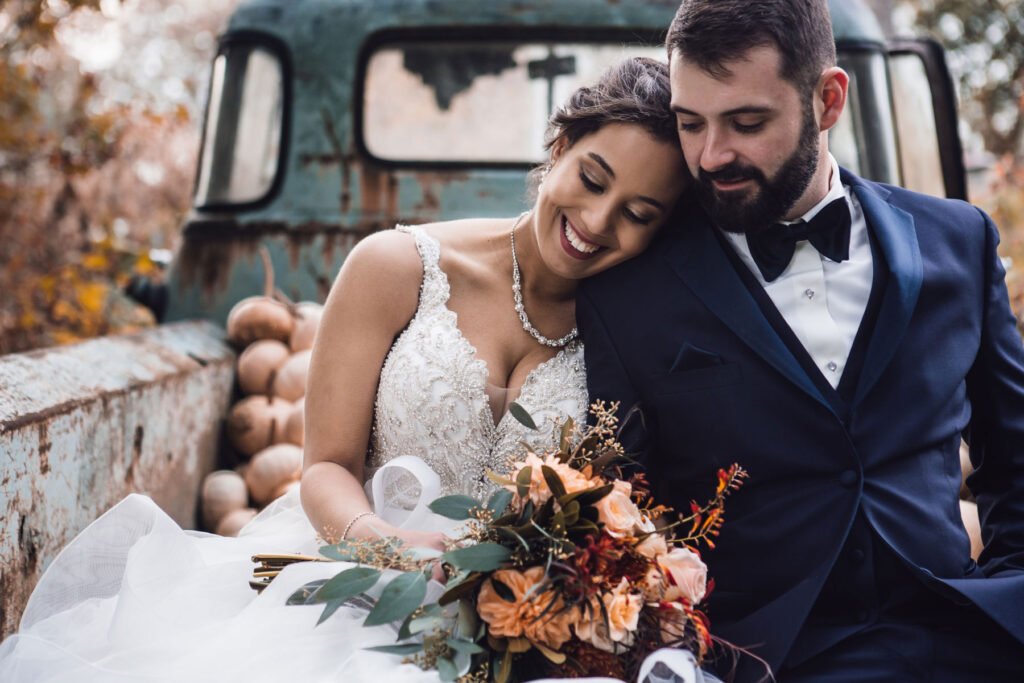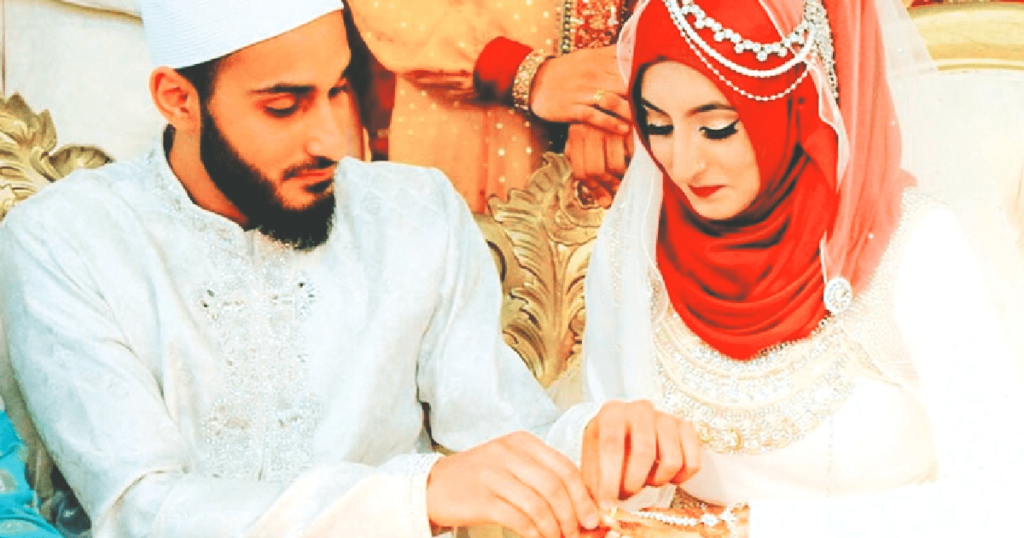Court Marriage in Pakistan and Civil Marriage in Karachi, Pakistan: Everything You Need To Know About The Court Marriage/Civil Marriage Rules and Process
Court Marriage in Pakistan is a legal way to get married without the permission of parents or relatives. It is a simple process that can be completed in a few hours. You do not need any approval from anyone else.
The first step is to go to the office of the Matrimonial Lawyer and fill out the necessary paperwork (Nikah Nama). This includes an Affidavit of Free Will from the Bride, Six passport-size photographs of the Bride & Groom, and the required fee. Once the paperwork is complete, you are going to be Nikahfied.
On the day of your court marriage, you must bring your national ID card or passport, two witnesses, and the required fee. The Nikah Khawan will ask you questions to confirm that you are free to marry and that there is no impediment to your marriage. Once everything is confirmed, Nikah Khawan will conduct Ijab-o-Qabool, recite Khutba-e-Nikah and prayers for the long life and prosperity of the newlywed couple and then pronounce you husband and wife and issue a marriage certificate.
Court marriage in Pakistan is a simple process that does not require the permission of parents or relatives. It can be completed in a few hours with just two witnesses and the required fee.
Requirements for Court Marriage
In Pakistan, court marriages are conducted under the Muslim Family Laws Ordinance of 1961. This law requires that both parties to the marriage be Muslim (the female partner can be a Christian or Jew) and that they meet the following requirements:
-Both parties must be of age (18 years).
-Both parties must be free to marry (not already married).
-Both parties must give their consent to the marriage.
-The marriage must be conducted in accordance with religious rules.
Court Marriage Procedure
The process of court marriage in Pakistan is not as complicated as it may seem. If you are a Pakistani citizen and wish to marry someone who is not a Pakistani citizen, you can do so by following the steps below:Firstly, you must get authorisation or power of attorney for your attorney/vakeel from your future spouse for Ijab-o-qabool (offer and acceptance), which is very necessary.
Once your lawyer/attorney has a power of attorney for signing Nikahnama on behalf of your spouse, you must submit six passport-size photographs of each of the bride and groom along with the required identification documents.After the documents have been submitted, the court will fix a date for the solemnisation of the marriage.On the day of the solemnisation, the bride and groom must be present before the magistrate and their witnesses.
The magistrate will then read the terms and conditions of marriage and ask both parties if they agree.
Once both parties have agreed to the terms and conditions, they will be asked to sign the marriage certificate.both parties are officially married according to Pakistani law after signing the marriage certificate.
Documents Required for Court Marriage
If you are planning to get married in Pakistan through the court marriage process, there are certain documents that you will need to have in order to complete the process. These documents include the following:
A copy of your national identity card (NIC) or passport.
Documents proving your marital status (if applicable). This could include a divorce decree, the death certificate of the previous spouse, or annulment papers.
Photographs of both parties (6 each).
Two witnesses who are over the age of 18 and have valid NICs or passports.
The original copies of all documents must be presented when registering the marriage. The Registrar’s Office will keep these originals and issue certified copies.

Some Usefull Links
- Online Nikah
- Online Shadi
- Pakistani Nikah Nama
- Online Nikah in Pakistan
- NADRA Marriage Certificate
- Online nikah & Marriage Documents
- Online Nadra Marriage Certificate
- English Nikah Nama Form
- Online Marriage in Lahore
- Online Marriage in Urdu
- Court Marriage in Pakistan
- Online Shadi in Pakistan
- Online Nikah nama Form
- NADRA Marriage Certificates
- Court Marriage Procedure
- Nikah Khawan Services
- Court Marriage & Nikah
- Court Marriage Law
- Court Marriage & Civil Marriage
- Nikah Khawan
- Online Marriage in Pakistan
- Online Nikah Service For Overseas Pakistanis
- Online Nikah in Islam
- Is Online Marriage Valid?


Benefits of a Court Marriage in Pakistan
There are many benefits to getting married in Pakistan through the court system rather than a traditional marriage ceremony. For one, it is cheaper and more convenient. There is no need to pay for a lavish wedding or to hire a professional photographer. Plus, you can avoid all the hassle of coordinating with a large group of people.
Another big benefit is that you will have all the legal protections of marriage. This includes things like spousal support in the event of divorce or death and inheritance rights. If you have children together, they will also have certain legal rights and responsibilities. Court marriages are also more difficult to annul than traditional marriages.
Getting married in Pakistan through the court system can save you time, money, and stress. It is also a great way to ensure that you and your spouse have all the legal protections of marriage.
Tips and Advice Before Opting For Court Marriage


You should keep a few things in mind before opting for a court marriage in Pakistan. First, you should know the legal requirements for a court marriage. Second, you should ensure that both you and your partner are ready for a lifetime commitment. Lastly, you should be prepared to face any challenges that may arise during the process of getting married.
The first thing you need to do is to research the legal requirements for a court marriage in Pakistan. You can do this by contacting the local registrar or by searching online. Once you have gathered all the required information, you should proceed to the next step.
The second thing you need to do is to sit down with your partner and discuss whether or not you both are ready for a court marriage. This is an important decision that will affect both of your lives forever. If either of you is unsure about getting married, it is best to wait until you are both certain.
After you have decided to go ahead with a court marriage, the next step is to start preparing for the big day. This includes obtaining all the necessary documents, such as birth certificates and ID cards. You will also need to find a suitable venue for the ceremony and arrange food and accommodation for your guests.
Once everything is in place, it is time to tie the knot! The process of getting married in Pakistan is relatively straightforward.
Common Questions When It Comes To Court Marriages
What is a court marriage?
Court marriage, also known as civil or registered marriage, is a legal process of getting married in front of a magistrate or judge in some countries, but in Pakistan, there is no such requirement. In a court marriage, the couple must provide necessary documents such as identification. The couple can go to a lawyer with their witnesses and get married after signing a free-will declaration/affidavit. Then the Nikah is solemnised, and the Nikah Registrar then issues a marriage contract (Nikah Nama), which serves as legal proof of the marriage. Court marriage is a common option for couples who wish to get married without any religious ceremony or who belong to different religions or sects that may not allow interfaith marriages.
Who can get married through a court marriage?
In many countries, including Pakistan, any adult who meets the legal requirements for marriage can get married through a court marriage. Typically, the legal requirements include being of sound mind and age, not already being married to someone else, and being able to provide identification and age proof. It’s important to note that the specific requirements for court marriage can vary by country and jurisdiction. In Pakistan, the legal age for marriage is 18 years, but the age requirement can be lowered in certain circumstances. Additionally, both parties must be of sound mind and provide identification and age proofs to marry through court marriage.


What are the requirements for court marriage in Pakistan?
The requirements for court marriage in Pakistan are that both parties must be of age and not already married and that they must have the consent of their parents or guardians if they are under 18 years old. The couple must also present two witnesses at the time of the ceremony.
What is the process for getting a court marriage in Pakistan?
It’s a common misconception that a judge or magistrate is required for court marriage in Pakistan. In fact, in many cases, court marriages can be solemnised by a Nikah Khawan/Imam designated as a marriage registrar by the government.
According to the Pakistan Family Laws Ordinance 1961, a marriage registrar can solemnise a court marriage in Pakistan. The government can appoint the registrar at the district or local village level. The registrar has the authority to issue a marriage contract, and they can perform the marriage ceremony in their lawyer’s or registrar’s office or any other place.
Marriage registrars are responsible for verifying the legal eligibility of the couple, conducting the marriage ceremony, and issuing the marriage contract (Nikah Nama).
It’s important to note that the requirements for court marriage, including the involvement of a judge or magistrate, can vary depending on the specific circumstances of the couple’s case and the jurisdiction in which they are located. While a judge or magistrate can be involved in a court marriage in Pakistan, it is not necessarily required, and a government-appointed Nikah registrar can perform the ceremony. Couples considering court marriage in Pakistan should consult us or any other legal professional to understand their jurisdiction’s specific requirements and procedures.
Court Marriage Involves Various Steps
Court marriage in Pakistan is an important legal process that one should be aware of. It involves various steps, from hiring a family lawyer for a court marriage to registering the couple’s wedding contract and obtaining a NADRA marriage certificate. With this article, we have provided you with all the necessary information related to court marriage in Pakistan so you can make an informed decision. We hope this has helped you understand how the process works and wish you all the best for your journey!
